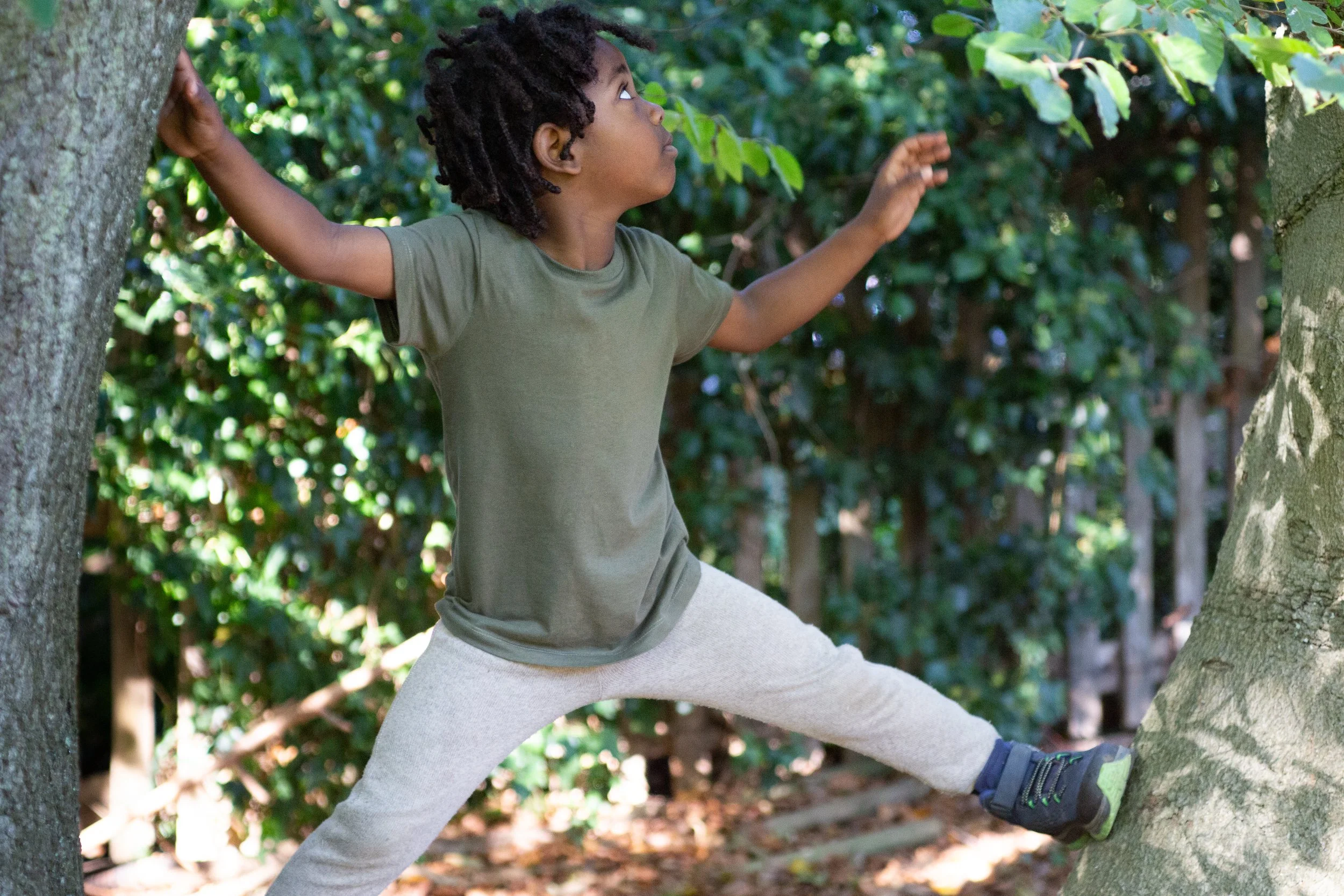
Our Ethos
Our mission is to create a different kind of school: one where children can learn, play and feel good about who they are, lovingly held by community and nature.
Wildwood Nature School’s ethos is about supporting each child to truly know themselves, be proud of who they are and to have the skills to connect with the people, animals and nature around them. By providing the right environment for children to thrive – caring adults, time in nature, space to roam and play, inspiring learning experiences, freedom to pursue their own interests, personalised and responsive teaching, being a part of the decision-making – we know that children will be able to do what they do most naturally: learn.
Well-being
Building self-worth is at the core of everything we do. Children learn about and reflect on their needs, emotions, bodies, brains, interests and relationships in a safe, nurturing environment. We’ve designed our school to put the children’s and teachers’ well-being at its heart. Children can’t learn well if they feel unhappy, worried or angry. And teachers can’t support children to learn if they feel stressed, overworked and uninspired. We offer our staff a wellness benefit to use for therapy or counselling, as well as other wellness activities to support them to feel well. We also believe that working outdoors, with a supportive team, and in a creative way that is nourishing for children, is also nourishing for the adult soul too.
Our ethos also reflects how we have reframed our understanding of behaviour. What is commonly referred to as ‘challenging’ or ‘difficult’ behaviour, we see as stressed behaviour that comes from an unmet need. Our approach is to deeply understand each child, through close relationships afforded by our high staff ratio, so that we can try to address any unmet needs that might be affecting their behaviour, well-being or learning (see our Behaviour Policy). Everything we do is informed by an understanding of unmet needs and trauma. Our staff are trained in various methods that support the nervous system and all interactions with children are trauma-informed. Based on concrete research and evidence (see Alfie Kohn), we’ve moved away from all forms of punishment and rewards. Instead, class meetings and restorative justice practices are used to resolve conflicts and establish mutual agreements that meet everybody’s needs.
Community
We place a great emphasis on forging caring, compassionate relationships and a community in which the children feel seen, known and connected – to each other, to their teachers and to the wider local community. Our children’s families are integral to the building of this community and they are as much a part of the school community as the children and teachers.
We want to be a school where families are intimately involved with their children’s learning and know their children’s teachers well. Family members are often invited to join their children and see how they’re learning, as well as to share their own particular skills and interests with the school community . We also want to support our families and act like an extended family, so that when hard times occur, as they so often do, our school is a source of help, relief, sustenance or whatever else is needed, not just for the child but for all members of the family.
We also know how important it is for children to belong to the wider community, beyond their family or school community. We want to embed the school in the local community and get the children to know about, care about and be a part of what’s happening locally. Through regular visits to the local library, walking around the neighbourhood daily and participating in local community events, we hope that the children of Wildwood Nature School become an integral part of the local community.
Everybody
Wildwood Nature School is for everybody, irrespective of background, starting point or learning needs. Our ethos is all about understanding and nurturing each individual in our community and we believe that this approach should be accessible to all. We’re a small school but, as much as possible, we want our Wildwood community to reflect the wider community across London.
We promote respect for diversity and create a context within which young people’s experiences can be understood, appreciated and connected to the curriculum. Our teachers actively work to unpick bias and stereotypes and explicitly address issues of race, racism and cultural difference, always seeking to connect young people’s knowledge of their communities to the way we teach and learn.
Equity is another key feature of how we’re trying to make Wildwood Nature School accessible to all who want to come. Most independent schools are only affordable for certain portions of society. That’s why as well as having 20% of our places fee free, we also offer another 30% of our places at reduced fees. We believe that this model allows a truly diverse spectrum of families to access Wildwood.
Play
Children learn best through play. Play allows them the freedom, time and space to be curious, to explore, to experiment, to take risks, to create & to problem-solve. We prioritise play and dedicate a portion of every day to uninterrupted play. There is so much to say about play, so please read more about play here.
Empowerment
As well as a thorough well-being curriculum which explicitly teaches children about their needs, emotions, bodies, brains and relationships, and plenty of time for 1:1 emotional support with trusted adults, we know how important it is for children’s well-being to feel power over their own lives. At Wildwood, children have a say in what they learn and we involve children in making the important decisions about how our school operates. Children and teachers can bring any issues up with the whole group, and work collaboratively to find solutions that meet everybody’s needs.
We teach children how to be able to communicate effectively using the concepts of Needs Understanding and Nonviolent Communication – which we call Giraffe language – so that true democracy can occur. Giving the children the opportunity to determine how they learn, what they learn and how they build their community means our children will have a sense of agency over their lives.
Nature
And nature. It’s in the name of our school. It’s the ground from which everything else springs. Children are designed to be outdoors in nature. They are nature. And to remove them from it is unnatural. Being outdoors for most of the school day among the trees, the soil, the fresh air, the birds and the worms feels good because it actually helps the nervous system to regulate. By being in nature, children’s well-being improves, as does their curiosity and ability to learn. It also cultivates a deep connection between our children and nature; one in which nature itself becomes the teacher. As this interconnectedness with nature becomes a part of who they are, our children will easily fulfil their roles as the future custodians of our planet.
We believe that all of our values as outlined above, as well as how we educate, will support our children to be grounded, confident and happy and to truly love learning for the sake of it.



